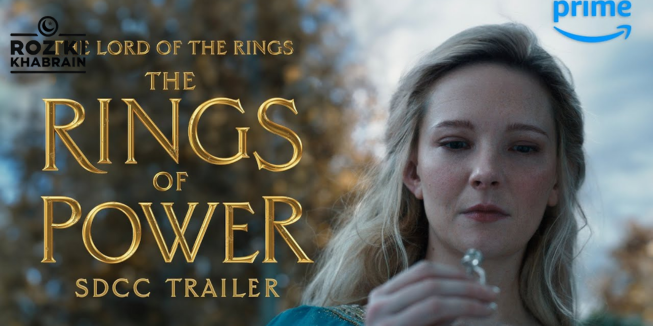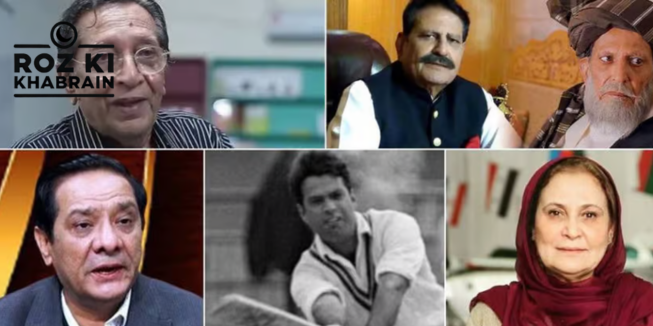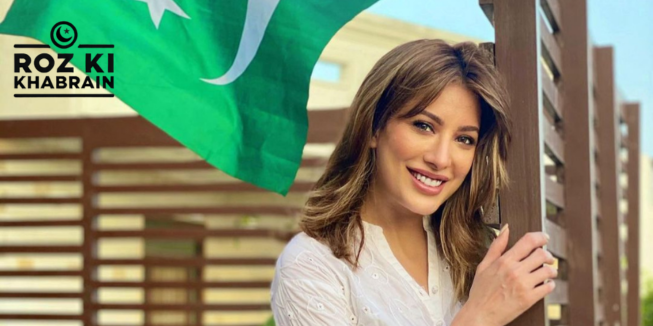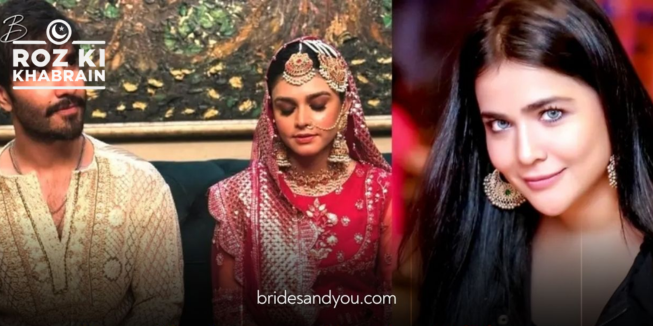I’m not quite sure where to start when it comes to dissecting the myriad issues with the Season 2 finale of The Lord of the Rings: The Rings of Power. While it wasn’t entirely without merit, it falls significantly short of Peter Jackson’s Lord of the Rings films and is a far cry from the works of J.R.R. Tolkien himself. The root of the problem lies in the subpar, lazy writing typical of Hollywood. Stunning visuals and a grand score can’t mask the numerous plot holes and shortcomings. Remember, not everything that shines is gold.
It seems I can imitate Tolkien quotes as well.
This review will largely focus on critiquing the disappointing aspects that showrunners J.D. Payne and Patrick McKay presented in the Season 2 finale, but I’ll start with the positives. Above all, Charlie Vickers as Annatar/Sauron essentially anchored this season with his powerful performance. He was truly impressive in every scene, which occasionally highlighted how lackluster the rest of the show and its cast could be.
For example, the lengthy duel between him and Galadriel near the episode’s conclusion underscored what a fantastic casting choice Vickers was for Halbrand/Sauron/Annatar and how terribly cast Morfydd Clark was as Galadriel. While she may excel in other roles, I found her portrayal of Galadriel to be quite disappointing in almost every aspect.
She appears overly timid, her voice lacks presence, and her face often contorts into awkward, almost comical expressions. The more she tries to convey anguish, the more I feel inclined to laugh. Whenever she aims for gravitas, it comes across as childishness. The writing is certainly subpar, but the choice of actor is equally baffling. I refuse to accept her as Galadriel. Even though Robert Aramayo has grown on me as Elrond, Clark’s portrayal of Galadriel has become increasingly intolerable with each episode. Despite her reduced role in Season 2, every scene featuring her is cringe-worthy and painful to watch. Consequently, the climactic duel between Galadriel and Sauron becomes almost laughable, regardless of how well Vickers performs. When he shape-shifted into another version of Galadriel, I could only groan.
Ultimately, Sauron acquires the Nine from her, but she leaps off a cliff instead of surrendering her Ring. If I were a powerful being like Sauron, I might utilize my abilities to float down and retrieve it from her lifeless body, or at the very least, send my orcs to collect it rather than just thinking, “Oh well, she’s 50 meters down the cliff, I suppose I’ll just head back to Mordor now.”
Honestly, I was hoping they’d continue to disregard lore and kill off Galadriel, or at least say, “Hey, that wasn’t really Galadriel; that was an imposter!” and recast her for Season 3. A guy can dream, right?
I realize I said I’d start with the positives, but every time I find something to enjoy in Rings of Power, the show seems determined to ruin it for me. I appreciate Sauron! But if I have to endure Galadriel incessantly chirping at him, her face contorting into bizarre expressions of distress, it’s hard to enjoy my time. Sorry, folks, that’s just how it is.
However, I did genuinely enjoy one scene, despite its violation of lore. That scene featured the Dwarves and the Balrog. I found the interaction between Durin and his father this episode quite compelling. Owain Arthur and Peter Mullan both deliver strong performances. Additionally, the costume and makeup departments did an excellent job with the dwarves overall, and their storyline has felt somewhat more authentic than others, even if it strays from the lore and the ring-corruption plotline feels rushed this season. The appearance, ambiance, and dialogue of the dwarves generally align more closely with what I envision in a Tolkien adaptation.
The episode opens with the dwarves. Durin IV pleads with his father to part with the ring, recalling, “Do you remember when I was just a wee lad and we used to arm wrestle? You’d let me lift my arm just enough to think I might win.” (I’m paraphrasing). Those words seem to have no impact on Durin III, who breaks through the wall to reveal glistening veins of mithril stretching into the caverns. “To see our mountain the way I do, you must wear a Ring,” he says.
“It isn’t our mountain,” his son replies. “You taught me that.”
“It could be,” his father counters, and then the Balrog appears. Faced with this terror, Durin the Elder realizes he’s been deceived and removes the Ring. He urges his son to flee, addresses him as King Durin, and just before confronting the monster, he declares, “I never let you raise your arm. It was always you, growing stronger.” Then he leaps into battle, and the cavern collapses as the old king leaps to his fate.
This is a compelling scene! The story of the arm-wrestling and the father’s revelation to his son are well-crafted and touching. It’s a pity that nothing else in this episode can match this moment. However, I do wonder if Durin III should have kept the ring on for the Balrog fight. He might have gained an advantage. The symbolism of removing it, particularly for his son to witness, was impactful, but from a practical standpoint, he might have been better off with it on. But that’s neither here nor there.
Ultimately, the dwarves arrive just in time at Eregion—thanks to fast travel!—and save Elrond and the others. Later, we learn that Durin faces a challenge for the throne from a brother we didn’t even know existed until now, backed by other dwarven lords. So I guess we can expect an unnecessary power struggle among the dwarves next season, as the creators seem intent on making it more like Game of Thrones.
Of course, they could have reserved a far more engaging power struggle for Season 3 rather than compressing the timeline so excessively. We could have explored…
Númenor
The Rings of Power plotline should have been saved for later, frankly. It also needed to be written with much more care. As it stands, the Númenorean storyline is excruciating in every way. Númenor comes across as a sad little backwater full of small-minded individuals who change political leadership for the most absurd reasons: falling petals, a random eagle landing at a window, or some unread scroll about Sauron. One week, Miriel is in charge. The next, Al-Pharazon takes over. Then Miriel has a cool swim with a squid and returns to power. Now there’s a scroll about Sauron, and suddenly everyone is loyal to Al-Pharazon again. Elendil is given Narsil by Miriel in a scene reminiscent of The Lord of the Rings between Aragorn and Elrond, and he flees the city alone. Why? Next week, Miriel will be back in charge because a crow poops on her crown or something.
On second thought, let’s skip Númenor. It’s a ridiculous place.
We’ll shift to Pelargir, where Isildur is hanging out with Theo and Estrid. Initially, Estrid is someone they’re assisting, but then it turns out she’s a wildling, and they take her prisoner. However, it turns out she’s not so bad after all, so Isildur begins to fall for her. Then it’s revealed she’s already betrothed, so he backs off, only to discover she isn’t truly in love with her fiancé and is keen on being with Isildur. So, he invites her to Númenor. This show is like a ping-pong match with plots, endlessly bouncing back and forth without any actual progression or development. And then and then and then. It’s the worst way to write a script.
Kemen appears (because fast travel!) and complicates Isildur’s plans to return to Númenor. Initially, I thought Kemen would try to trick him into boarding the ship, but he reveals right away that Elendil is a wanted traitor and Al-Pharazon is king, so Isildur is now wise to his schemes. Although, who knows, right? After that crow crapped on Miriel and she became Queen of the Air, Al-Pharazon might have noticed a flower blooming in a pile of cow dung on the highest peak and regained his crown. The foolish residents of Númenor are so superstitious, racist, and small-minded that they’ll follow anyone who dons a MAGA hat or promises to cut taxes and forgive student debt.
What purpose do any of these characters serve? Why should we care about Isildur’s romantic entanglement with Estrid? Isildur is destined to become the future king of men. He will ultimately cut the Ring from Sauron’s finger and take it for himself, setting off a chain of events that leads to the Third Age. Why are we wasting time on this pointless, absurd plot in which his horse—his literal horse—Berek the Brave, emerges as the real hero?
As bad as this aimless, disjointed storyline is—and as much as we should have saved the Fall of Númenor for Season 3 or later after a significant time jump—the absolute worst storyline remains…




